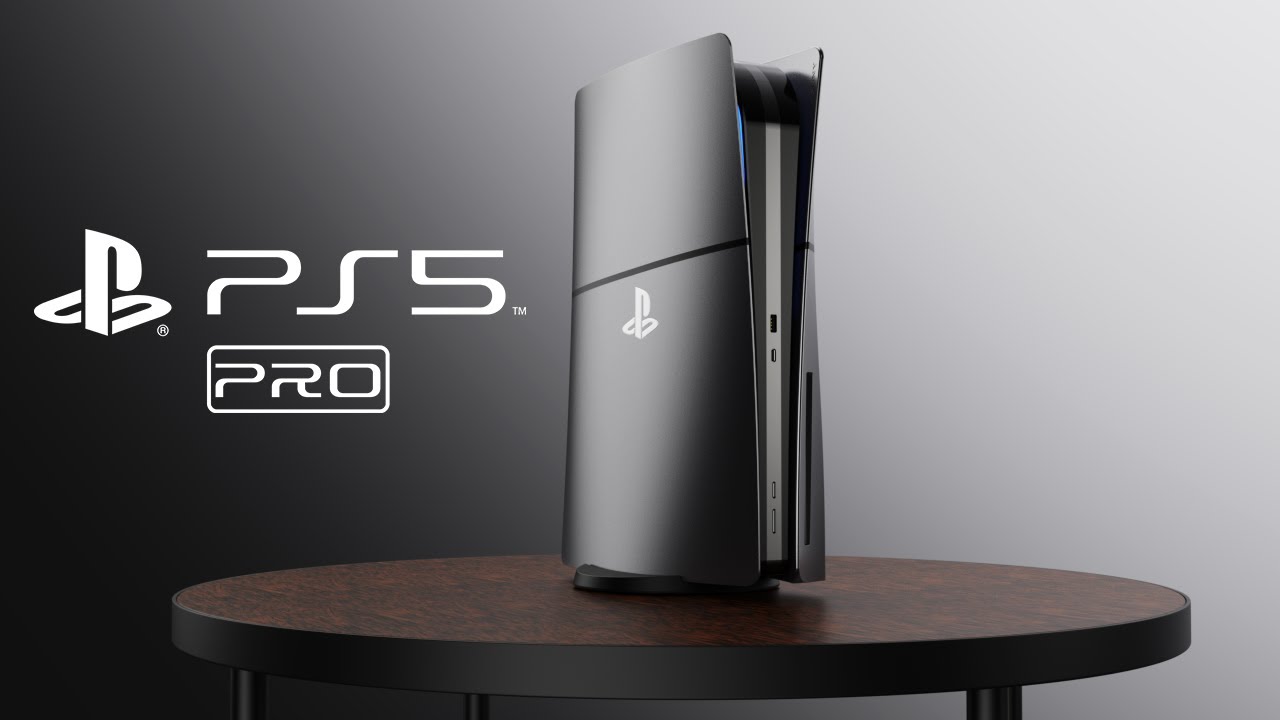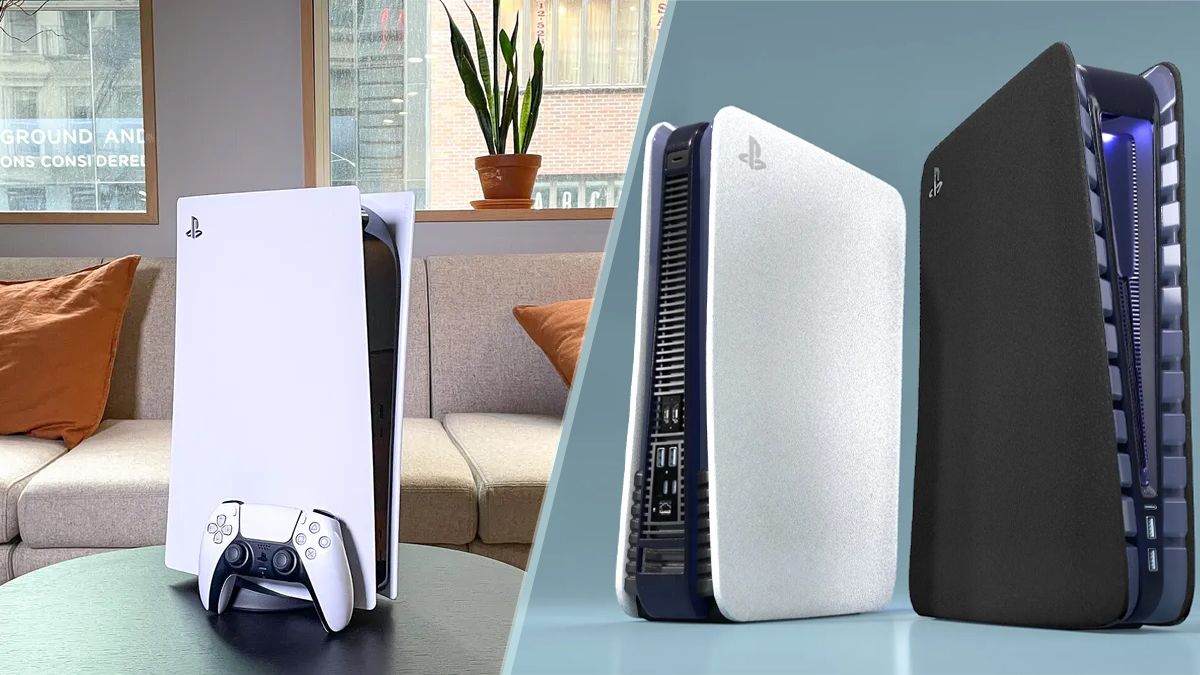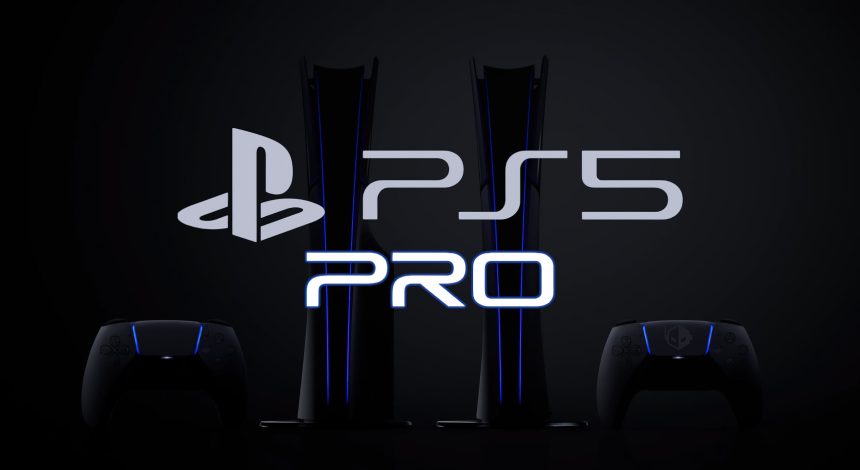Recently, rumors swirled about the possibility of a PlayStation 5 Pro hitting the shelves, and now, a fresh report not only confirms this but also sheds light on some intriguing details.
According to the report, Sony has already reached out to developers, urging them to ensure their games are ready for compatibility with the upcoming PS5 Pro.

This signals a clear emphasis on enhancing the console’s ray-tracing capabilities.
Dubbed Trinity under the hood, the PS5 Pro is rumored to boast a beefed-up GPU and a slightly faster CPU mode compared to its predecessor. These enhancements are geared towards enabling smoother gameplay experiences, whether it’s rendering games with ray tracing, achieving higher resolutions, or delivering improved frame rates in select titles.

Leaked documents suggest the upcoming PS5 Pro will offer a GPU rendering speed about 45% faster than the standard PS5, with improvements aimed at enhancing ray tracing capabilities. Sony emphasizes a “more powerful ray tracing architecture” in these documents.
As a high-end version of the PS5, the Pro is expected to coexist with the standard model post-launch, providing developers with a unified platform. Developers are already in possession of test kits, and Sony aims to ensure compatibility with the PS5 Pro for all games submitted for certification from August onward, aligning with rumors of a release before the year-end holiday season.

The PS5 Pro brings significant upgrades over the standard model, including a faster CPU clocked at 3.85 GHz, a boost from the standard 3.5 GHz. This enhanced CPU mode requires more power, leading to a slight downclock of the GPU by about 1.5%.
Memory bandwidth increases to 576GB/s, up from 448GB/s, with games enjoying an extra 1.2GB of system memory for a total of 13.7GB. The Pro also features a custom architecture for machine learning, supporting 300TOPS of 8-bit computation.
Sony’s PlayStation Spectral Super Resolution (PSSR) upscaling solution will utilize around 250MB of memory, introducing approximately 2ms of latency when upscaling from 1080p to 4K. The company is also exploring support for resolutions up to 8K.







